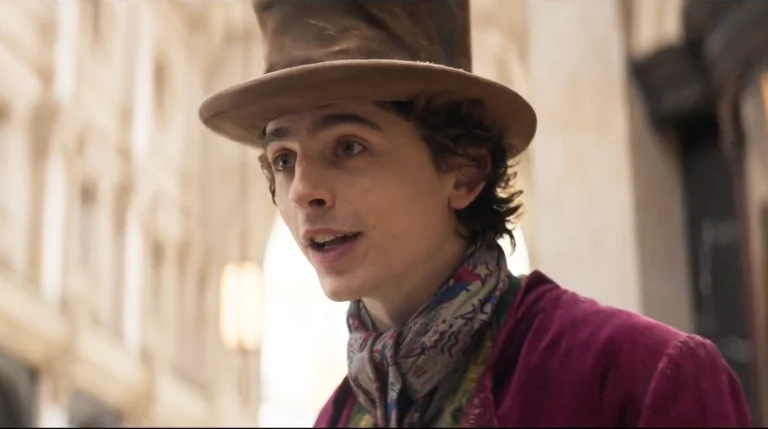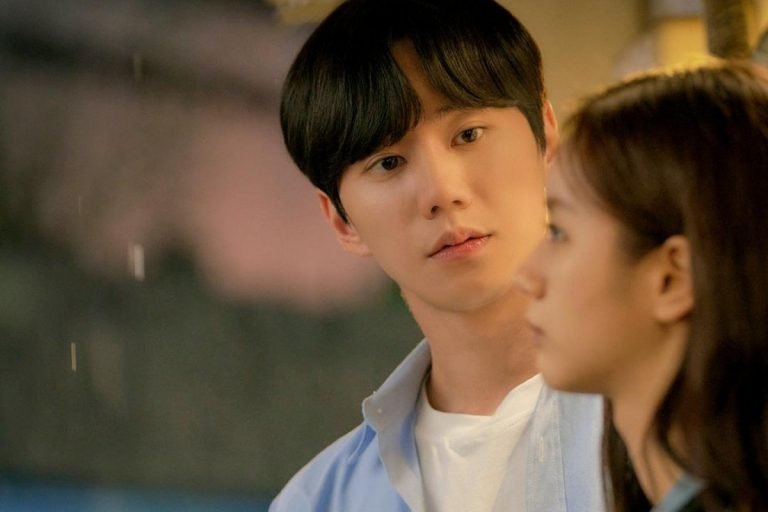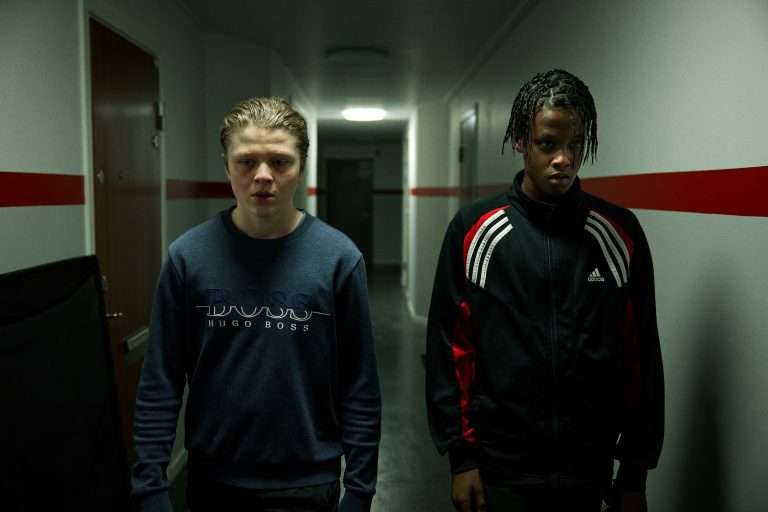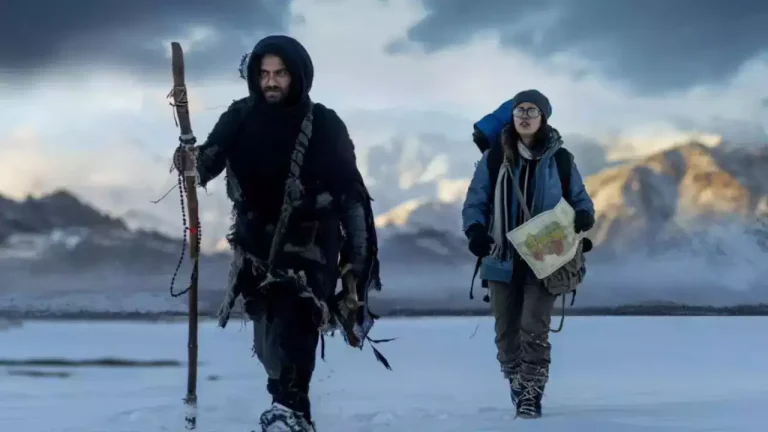HBO’s “House of the Dragon” Season 2 paces itself like an intense, operatic slow-burn. Grief hangs in the air, unhindered by the frantic urgency of men desperate to shed blood, who egg their rulers on to make the first move. Even the most impulsive warmongers seem affected by the tragedy that unfurled in the inaugural season’s finale, where Aemond (Ewan Mitchell) and Vhagar’s pursuit of Lucerys (Elliot Grihault) and Arrax led to the latter’s deaths, sparking an all-out war. Although Lucerys’ death was an accident, the nuances of intent or evolving feelings are lost in the face of a battle between kin, one that will ultimately alter the future of Westeros and the Targaryen legacy for years to come.
Season 2 opens with the immediate aftermath of Lucerys’ death, with the heaviest burden of grief being shouldered by Rhaenyra (Emma D’Arcy), who wanders around unmoored after receiving the devastating news. Supporters of her cause, except for the always-measured Rhaenys (Eve Best), itch for retribution and treat her absence as an inconvenience to the schemes meant to be hatched, including Rhaenyra’s uncle/husband Daemon (Matt Smith), who carries out secret plans of his own. This is not surprising in the least, as Daemon has always been a wild card — an unprecedented player in the game with no established patterns — and his machinations in Rhaenyra’s absence only highlight the rapidly growing emotional distance between them during such a crucial time.
The roots of this impending war can be traced back to a few pivotal moments that occurred over the first season, but it is clear that it stems from a misunderstanding — a foolish and preventable one at that — but it is too late to make any amends or avert the course of the war. Alicent (Olivia Cooke) deeply regrets her decision to back her firstborn Aegon (Tom Glynn-Carney) as heir to the Iron Throne, as he proves himself severely incompetent and petulant in the presence of his Small Council, driven by raging emotions and a rather gullible frame of mind. A senseless act of violence in the earlier episodes digs up Aegon’s worst impulses, his uncontrollable rage and evident insecurities forming a noxious cocktail that spells doom for both factions involved.
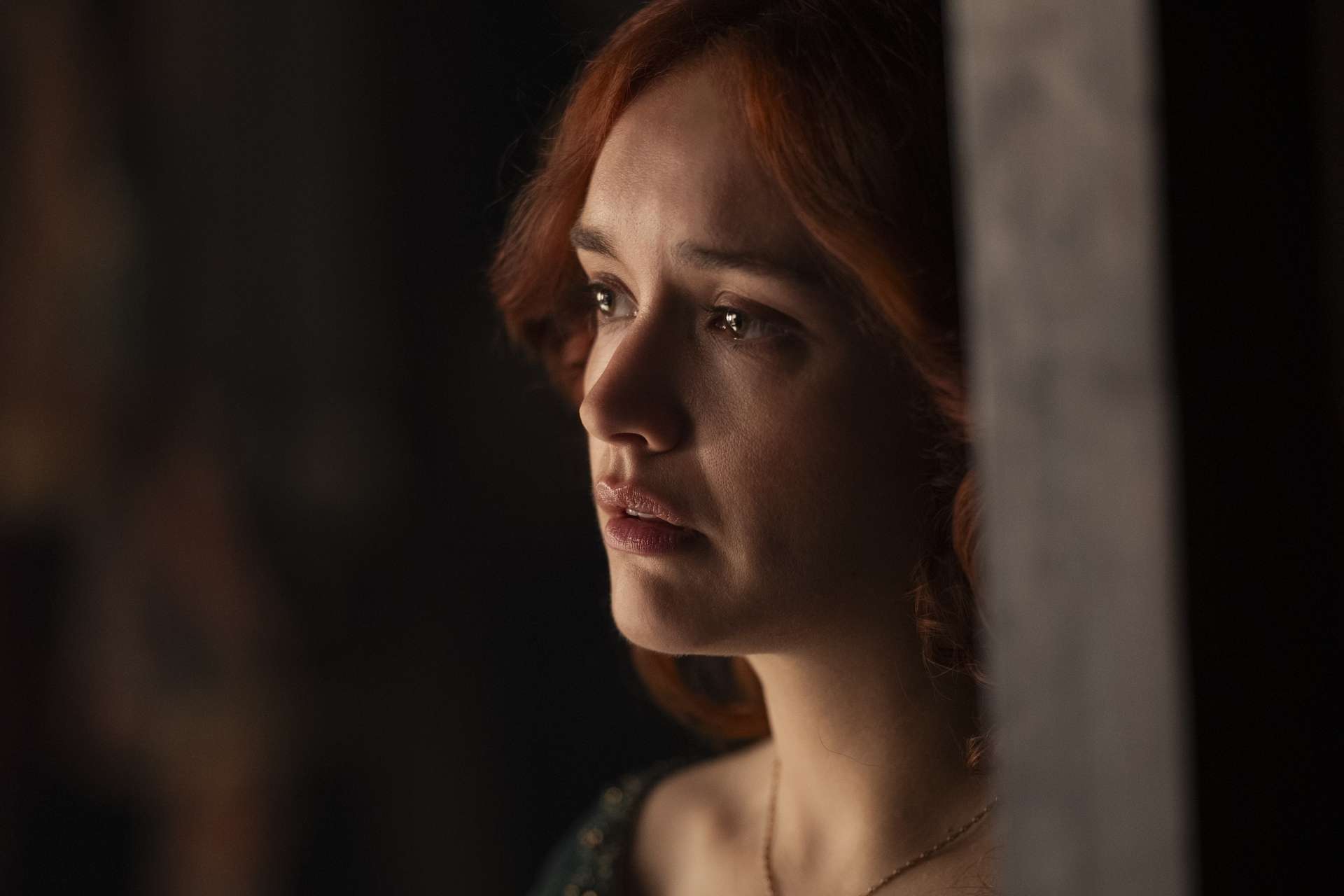
These developments put Alicent in an impossible situation, which mires in internal conflict and guilt, especially after a string of tragedies convince her of the brutal futility of war. “What if the gods punish us, punish me?” she laments to her father and current Hand of the King, Otto Hightower (Rhys Ifans), who seems surprisingly open to empathizing with his daughter after dooming her to a life of duty and facade. Other supporters of Team Green remain as patiently conniving as ever: while Larys (Matthew Needham) quietly hooks his claws into people to steer them towards an intended outcome, the proactive, brooding Aemond hides his vulnerability and ire beneath layers of practiced calm, springing into action when one least expects it.
In terms of Team Black, Rhaenyra leans towards caution, as she does not wish to squander the legacy of peace that her father left behind, but is hounded by her all-male council to adopt the most bloodthirsty tactics in the name of retribution. Even in the face of inane questions and tactless advice, Rhaenya holds her own even when she wobbles and wavers, as if unsure if her noble convictions can be made into a reality in a Westeros perpetually hungry for fire and blood. Her son Jaecerys (Harry Collett) proves instrumental in garnering new allies (his journey includes a trip to Winterfell, where winter is coming), while Daemon’s children (with Laena) play their respective roles while struggling to contend with the immense responsibilities thrust so suddenly upon them.
The high-stakes battle scenes are mapped with an incredible and effective dramatic flourish, the involvement of dragons heightening the depth and scale of preventable tragedy, but the real magic of season 2 lies behind closed doors, within the shadows of a tense waiting game. It is proven time and again that impulsivity breeds incalculable losses and that aggressive maneuvers only work in favor of those who are unabashedly ready to pay the price. Some deaths are hard to accept, given that this is a war of succession turned unspeakably ugly, like a game that never should have been played in the first place. A comparison to “A Game of Thrones” is inevitable, as “House of the Dragon” maps the bloody legacy of a dynasty believed to be infallible, whose eventual fall paved the path for an even greater threat and the self-fulfilling nature of long-forgotten prophecy.
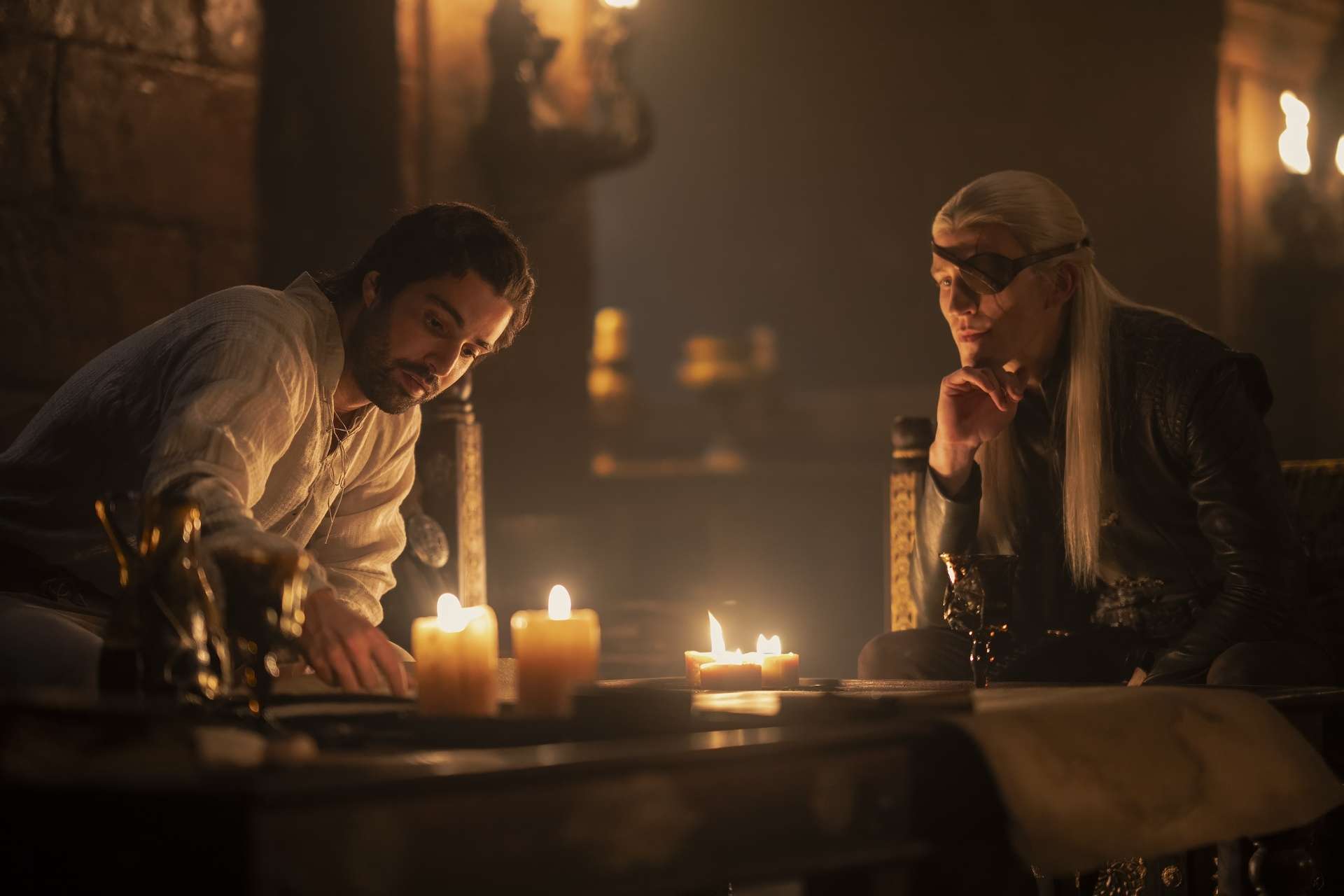
The Dance of the Dragons is not a one-off event that will burn bright and fizzle out — it is a long-gestating fire that will end in scorched earth, consuming everything in its path without consideration or mercy. There are moments of dramatic betrayal that are worth savoring, but season 2 relishes in the silent agonies and unspoken regrets of those embroiled in this inevitable clash and the reckless fallout that engulfs the innocent common folk, who are used and abused by those in power to sway the winds of change. These understated moments devoid of drama or spectacle might understandably frustrate some, with only some of the political intrigue feeling sharp and others getting lost in the recesses of memory.
Nevertheless, “House of the Dragon” teases fascinating threads of a visceral and monumental tapestry, setting the stage for a vengeance-driven cataclysm that will be remembered for years to come.



![Paper Moon [1973] Review – A Whimsical and Extremely Satisfying Dramedy](https://79468c92.delivery.rocketcdn.me/wp-content/uploads/2019/05/paper-moon-1973-DI-1-768x432.jpg)
